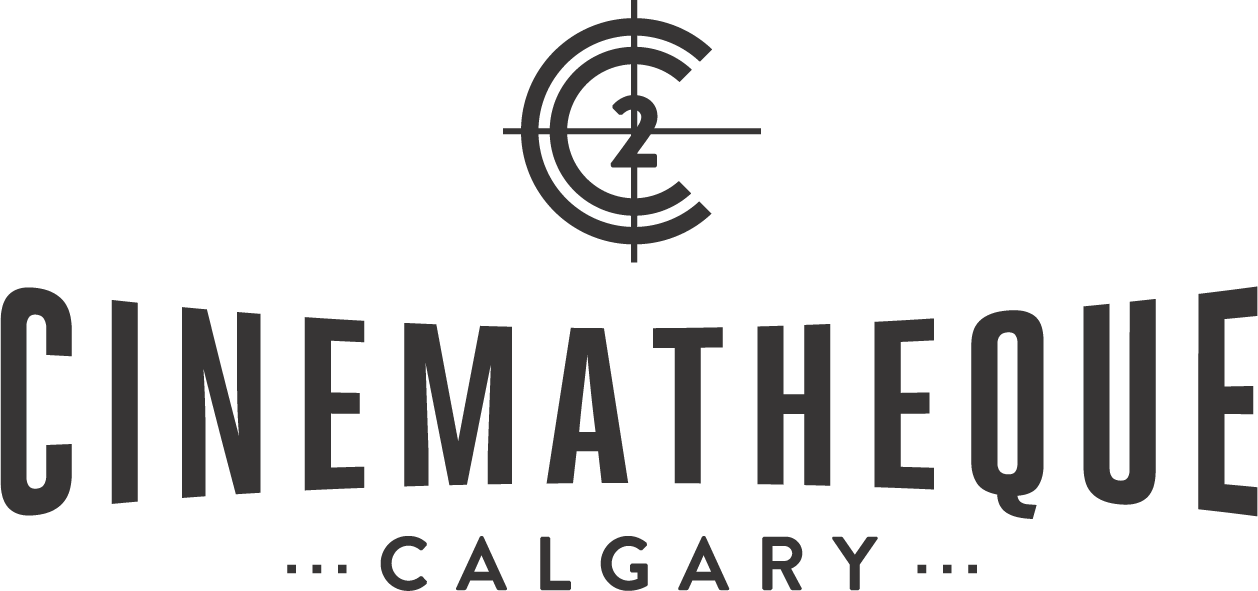Calgary Cinematheque is pleased to partner with Media Darling to present the long-awaited Calgary premiere of VIOLENT (2014) at the Knox United Church, Thursday October 13th. For advance tickets, please click HERE.
IndieWire says:
On the surface, there’s no real reason why “Violent,” the debut feature film from Canadian director Andrew Huculiak, should be set so specifically in Norway, and be led by a Norwegian actress whose dialogue and voiced-over thoughts are also in Norwegian. But as the film draws you in, or rather quietly casts its heady spell of sound and atmosphere around you, that eccentric choice begins to make a compelling kind of sense. Not only does Huculiak’s outsider’s eye give rise to some extraordinary cinematography (via DP, editor and co-writer Joseph Schweers), of Norway’s countryside, towns and cities, but thematically too it feels like, standing at this deliberate remove, the filmmakers can more easily shift between subjective, intimate moments and the broader, ontological themes they illustrate. Not only that, but as non-Norwegian speakers ourselves, the voiceover segments take on a sort of musical quality: while we read the subtitles to understand the meaning of what’s being said, the sounds of speech become part of the film’s plangent, evocative sonic landscape. All of which is to say that, after taking a little while to reach us, “Violent” evolved into a small triumph of clear-eyed, full-hearted, poetic curiosity and perspective and is probably our personal find of the festival.
The film is subdivided into five sections, each in chronological turn telling the story of a short period in the life of our young main character, Dagny (an endearing performance from Dagny Backer Johnsen, who resembles a Norwegian Olsen sister). The story segments are separated by interstitial moments of surreal imagery and dreamlike abstraction—houses floating in the air, people hovering above the streets, macro closeups of rain falling, cut with vaguely apocalyptic shots of furniture tumbling weightless around rooms in extreme slo-mo. And over these striking images, Dagny’s voice repeats what comes to be a mantra, that we don’t really understand until the film’s closing moments: “It feels like water. It feels like electricity. It sounds like the humming of a fridge…”
The music video, Arcade Fire-y vibe of these short intertitles is understandable—Huculiak is better known as the drummer for Canadian band We Are The City, has worked on the his own music videos before and seems to be part of a kind of collective of polyglot talents: aside from Schweers pulling unusual triple duty writing, editing and lensing, Huculiak’s other co-writers are fellow band member Cayne McKenzie and Andrew’s brother Josh Huculiak, whose other film credit is as cinematographer on this year’s “A Brony Tale“ to which Schweers and Andrew Huculiak also contribute. The close-knit nature of these collaborators is perhaps one reason that they’ve managed to do so much with such limited resources—filmed in just thirteen days, “Violent” was wholly independently funded and had an on set crew of no more than five people. And of course, We Are The City provide the impressive soundtrack (the band’s most recent album is also titled Violent), which is a great asset to the film’s moody atmospherics—all distorted loops, degrading reverb and crescendoing wordless humming, which lends the small, focused film an occasionally epic edge.
We probably shouldn’t dwell too much on the film’s abstract interludes, however, as while they’re impressively achieved and very well shot, they are not the major discovery of the movie. In fact early on we found the self-consciously enigmatic mood evoked therein a little frustrating, and even a little too familiar in its music promo montage format. No, the real surprise here is the story segments themselves: each titled with the name of a person in Dagny’s life, they are warm and human and well observed, and while the aesthetics remain impeccable, we get a real sense of Dagny’s life, interior and exterior, from these glimpses. In fact, the film works just as well as a portrait of a very specific time in a young person’s life as they leave their home town and take their first, faltering steps into adult independence.
Particularly of note is the middle section, titled “Bengt” after the family friend for whom Dagny goes to work in Bergen. Bengt himself is a brilliantly well-drawn character (played with great sympathy by newcomer Tor Halvor Halvorsen), a lonely hardware shop owner whose palpable desire for Dagny starts as comedy, turns toward tragedy and ends up somewhere darker, making this segment the most self-contained and dramatic of the five. But the other stories are strong in different ways (apart maybe from the first which feels the weakest) and feature Dagny’s relationship with everyone from her best friend Embla, to new crush Andrew, to her kind Grandfather, who provides the film’s gentle but oddly satisfying revelation at the end. In fact, in its meticulous framing (unusual to see hand-held camerawork that has such respect for composition), lyrical, but dark-edged tone and precise, shimmery score, the film reminded us a little of a less cerebral, non-sci-fi “Upstream Color,” which if you know us at all you’ll know is high praise.
It’s not spoiling anything to say that “Violent” is actually a series of goodbye—each segment ends with Dagny bidding another character farewell. And almost without us noticing the cumulative weight of all of these moments had built by the end to something unexpectedly moving. It’s slow to start and only gradually shucks off that rather archly self-serious art-experiment vibe, but when “Violent” hits its drummer’s-rhythm stride it becomes more than the sum of its parts, beautiful as they are: it becomes a sincere expression of a generous curiosity about some of life’s bigger questions, and an attempt to find, in the act of leave-taking, some wisdom and a kind of grace.








